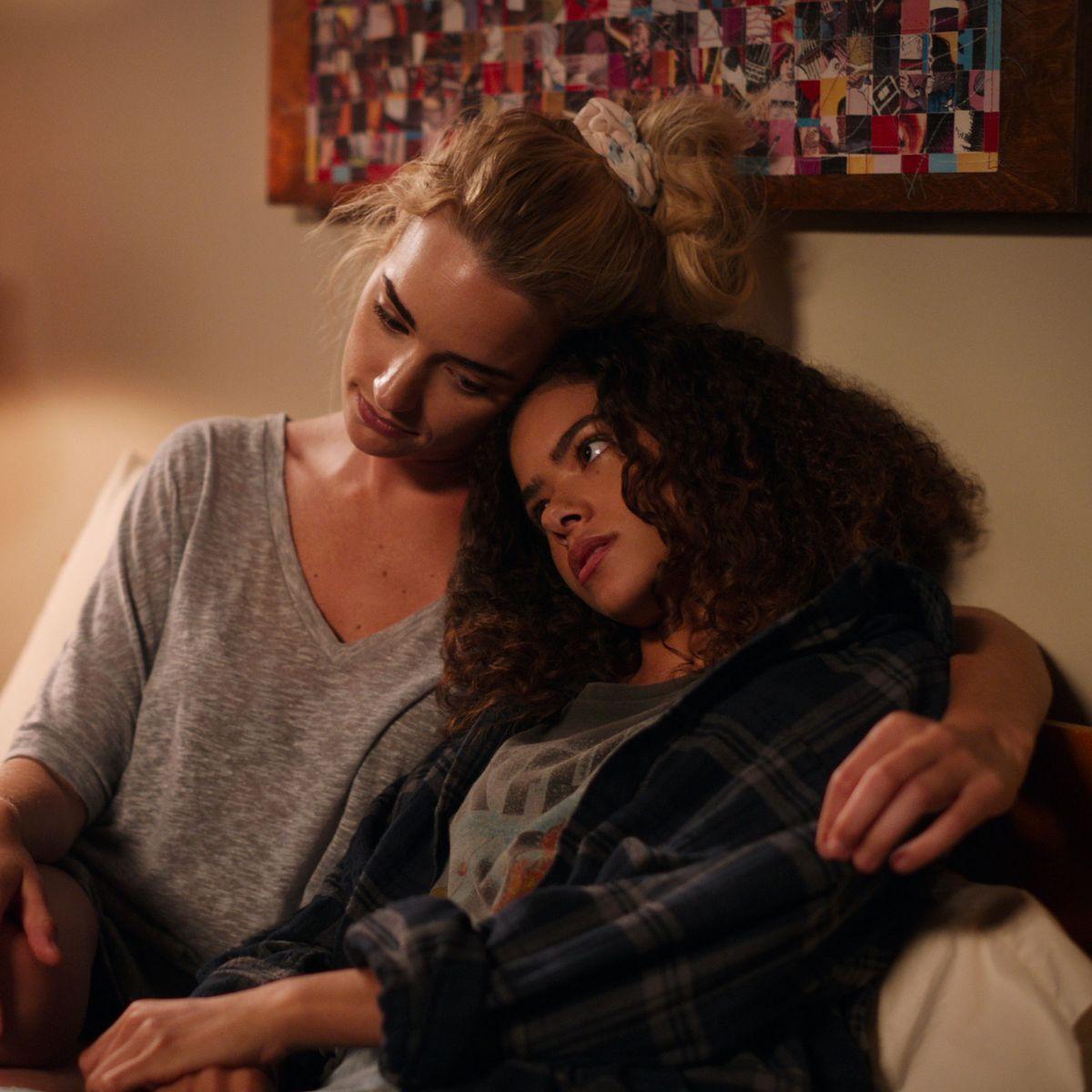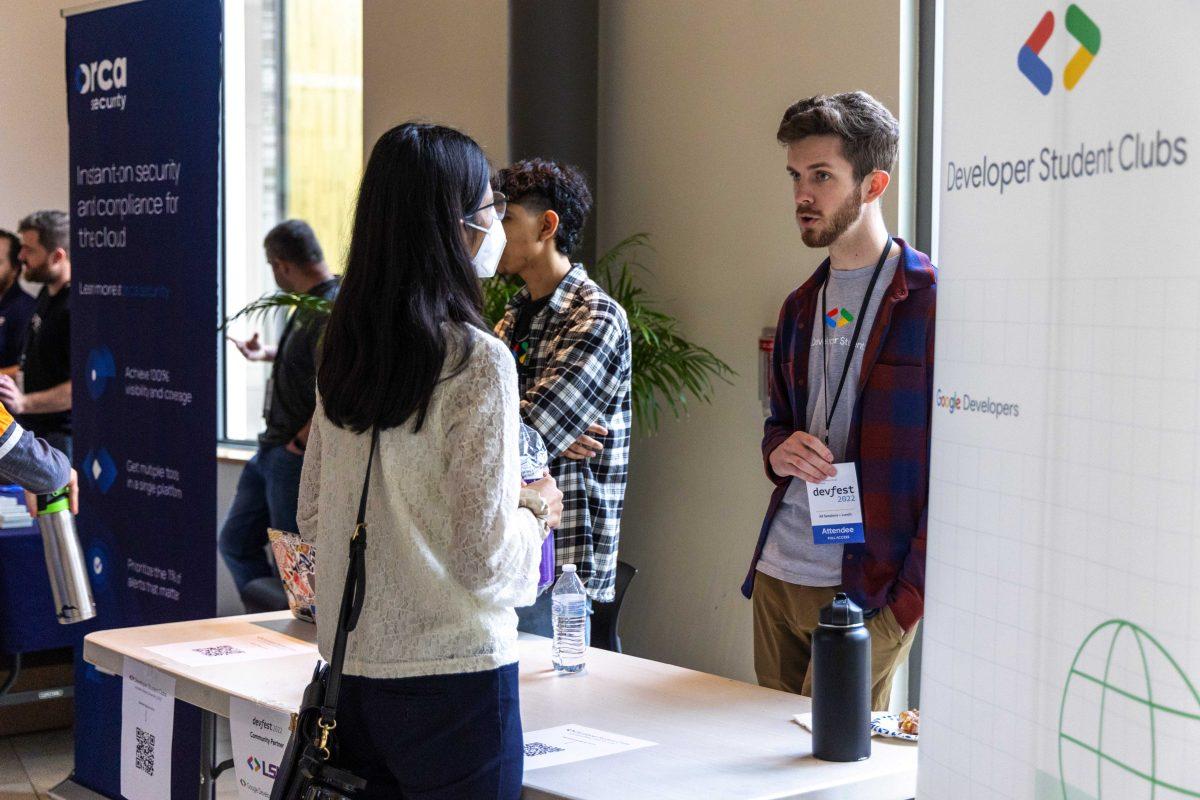Stars: 2.5/5
If only Netflix had lived up to my expectations of releasing a decent mother/daughter duo drama series that was as good as “Gilmore Girls.”
“Ginny & Georgia” was released Feb. 24 on Netflix and right off the bat, this show received a lot of attention for its racially diverse cast and surprisingly intense storyline. The show follows 15-year-old Ginny (Antonia Gentry) and her 30-year-old mother Georgia (Brianne Howey) as they move from Texas and start a new life in an idyllic New England town called Wellsbury. Upon moving there, both Ginny and Georgia start making connections in order to fit in, as well as starting a whole slew of personal issues in the meantime.
While I love a classic YA drama/romance series, this show barely hit the mark for me as the story was greatly undermined by the race problems that were represented. I do, however, commend Netflix for being able to make a show with so many coming of age stories from each character that tackles different hardships one can face as a teenager, such as the awkwardness of exploring your sexuality and even self-harm. Nonetheless, the biracial main character, Ginny, and the microaggressions she faces at her new predominantly white, affluent high school are less commendable.
Ginny’s character is visibly struggling with her biracial identity throughout the series, which the show only perpetuated by making her new friends at school constantly comment on her race. Meanwhile, Georgia, Ginny’s carefree and secretive mother, and the drama that she creates around the show is sadly nowhere near as memorable to viewers as the racism Ginny is forced to experience being a mixed teenager in a white-washed town.
Throughout the series, Ginny meets more characters who continue to barrage her with racist remarks that are not discussed or corrected by any other characters. Ginny’s character is portrayed as someone who cannot stand up to her own friends who are identifying her solely by her race, except for when she does stand up to her inherently racist AP English teacher in the beginning for choosing an all-white male syllabus.
Out of any character in the series, Georgia, who is all white, is the only one who comments on the social injustice against her daughter in the scene where Ginny is accused of shoplifting while with her white friends. The show essentially does nothing to squash such stereotypes. The painfully embarrassing “Oppression Olympics” scene where Ginny and her Taiwanese boyfriend, Hunter (Mason Temple), throw racial slurs at each other perpetuates the idea that Ginny is a “stereotypical, angry Black woman” in people’s eyes.
If the show were able to address the main character’s identity properly, then it would not seem as though they are trying to normalize racism. “Ginny & Georgia” is undoubtedly hit or miss as the constant racial micro-aggressions sprinkled throughout the show overpowers the story itself.
Head to Head Rev Rank: ‘Ginny & Georgia’ is darker, more racially charged ‘Gilmore Girls’
March 17, 2021
Ginny and Georgia






